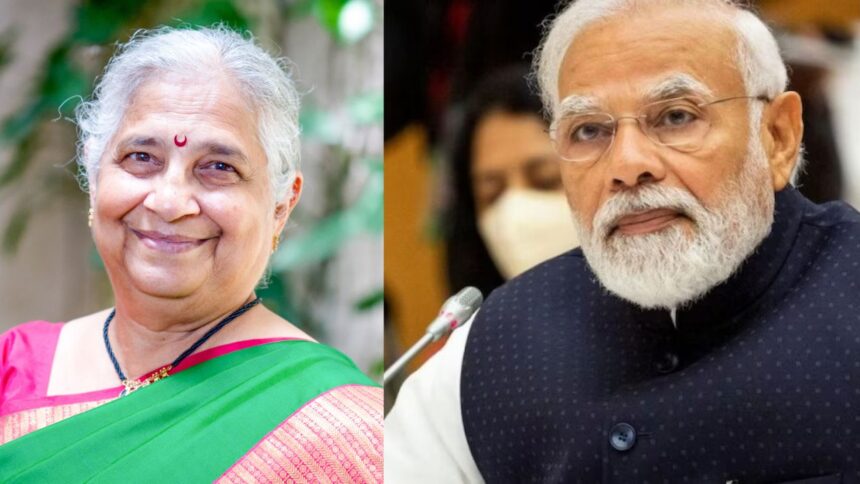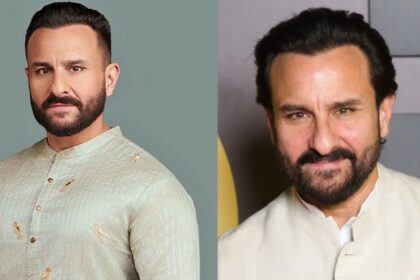On a significant day, Friday, March 8, the nation witnessed a remarkable development as President Droupadi Murmu announced the nomination of Infosys chairperson and acclaimed entrepreneur, Sudha Murthy, for a seat in the Rajya Sabha. This momentous nomination has been warmly welcomed by Prime Minister Narendra Modi, who sees it as a pivotal moment underlining the Bharatiya Janata Party’s commitment to women’s empowerment through its Nari Shakti initiative.
Prime Minister Modi shared his enthusiasm over this decision, praising Sudha Murthy’s extensive contributions across various domains such as social work, philanthropy, and education. He lauded her inspiring journey, noting, “I am delighted that the President of India has nominated Sudha Murty Ji to the Rajya Sabha. Sudha Ji’s multifaceted contributions have been immensely inspiring. Her presence in the Rajya Sabha stands as a resounding endorsement of our Nari Shakti, highlighting the crucial role women play in forging the nation’s future. I extend my best wishes for her successful and impactful tenure in Parliament.”
Sudha Murthy is not just known for her leadership at Infosys but also for her remarkable achievements and honors, including the prestigious Padma Shri in 2006 and the Padma Bhushan in 2023. Her literary contributions have been recognized with awards like the RK Narayan Award for Literature in 2011, the Karnataka government’s ‘Attimabbe Award’ for her contribution to Kannada literature in the same year, and the Crossword Book Awards’ Lifetime Achievement award in 2018.
Her educational background is equally impressive, with an engineering degree from BVB College of Engineering. Sudha Murthy’s roots trace back to Shiggaon in the Haveri district of Karnataka, marking her journey from a small town to the halls of the Rajya Sabha as a testament to her resilience and dedication.
Despite her accolades, Sudha Murthy has faced her share of controversies, notably for expressing concerns over dietary practices in a YouTube video, which sparked a debate on food preferences and cultural sensitivities. Yet, her appointment to the Rajya Sabha is seen by many as a stride forward in recognizing and celebrating the role of women in leadership and governance, setting a precedent for future generations.








